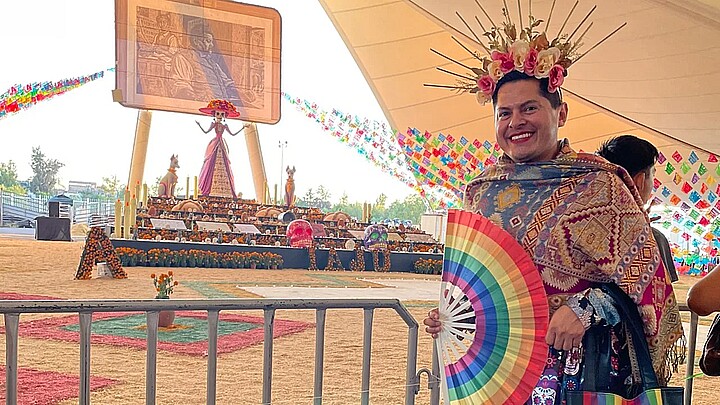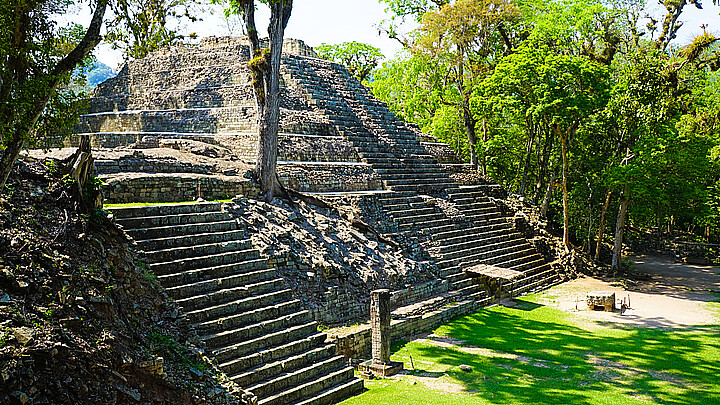Culture
Mexico City locals pushing back against California immigrants
July 28, 2022 3:27pm
Updated: July 28, 2022 6:24pm
The exodus of Californians and other Americans away from high housing prices and rising crime in large U.S. cities are beginning to clash with longtime residents of Mexico’s capital, who say they are gentrifying neighborhoods and not doing enough to learn the language and culture.
The number of tourists and remote workers from Silicon Valley, New York City and other U.S. cities to Mexico spiked during the COVID-19 pandemic, which normalized working from home. Mexico also remained largely open to foreign travel, unlike Asia and Europe.
But locals have begun to push back at the newcomers transforming some of Mexico City’s most treasured neighborhoods into “expat enclaves,” reports the Los Angeles Times.
Americans and other foreigners are snapping up houses in walkable areas like Roma, Condesa, Centro and Juarez, which is driving rents up past the reach of most Mexicans. Landlords are reportedly trading long-term renters for tourists willing to pay more on Airbnb and local hotspots like taquerias, corner stores and fondas are being replaced by Pilates studios, co-working spaces and modern cafes.
Locals are further estranged by the nature of these foreigners’ remote work, which means they don’t necessarily have to learn Spanish or integrate into society.
More and more Mexicans are finding they are the minority in the cafes and restaurants they frequent.
Pent up frustrations have begun surfacing. English-language posters calling remote workers a “fucking plague” have started popping up around town.
A tweet by a young American saying: “Do yourself a favor and remote work in Mexico City — it is truly magical,” was met with hundreds of vitriolic replies.
“Please don’t,” read one of the kinder responses. “This city is becoming more and more expensive every day in part because of people like you, and you don’t even realize or care about it.”
Some who criticize the outsiders have used the opportunity to highlight long-running divides in Mexican society, like the one between darker-skinned indigenous Mexicans and lighter-skinned ones more likely to be in the media.
“Mexico is classist and racist,” said Fernando Bustos Gorozpe, whose TikTok video complaining that the influx of foreigners in Mexico City “stinks of modern colonialism” went viral recently.
“People with white skin are given preference. Now, if a local wants to go to a restaurant or a club, they don’t just have to compete with rich, white Mexicans but with foreigners too.”
Nonetheless, some local businesses said they were grateful for how American money kept them afloat through the pandemic.










